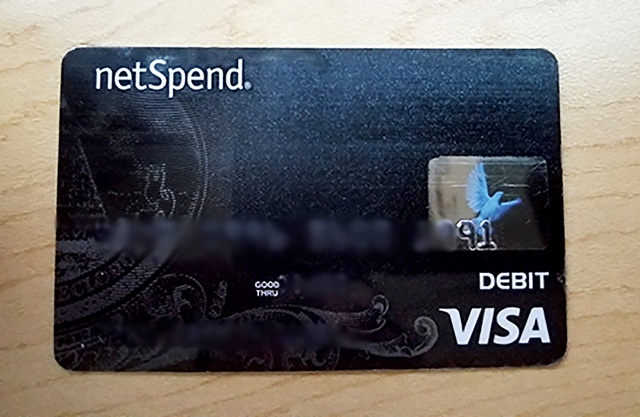By Steve Hasou
Credit card fraud has been on the rise with consumers and retailers falling victim to hackers.
State and federal criminal fraud statutes prohibit using another individual’s personal information to access their financial accounts. Credit card fraud involves bank and wire fraud, which is related to identity theft schemes. Credit card numbers can be stolen using many techniques and replicated for false use. It can happen in person or online, where thieves steal confidential client information from firms.
Hacking is a global problem and no amount of cyber security is hacker proof. Corporate buildings have been breached, leaking millions of client information. In 2014, hackers breached the firewall of JP Morgan Chase’s servers, impacting over 100 million customers and seizing $100 million from bank accounts. In 2017, Eastern European organized crime attacked Chipotle to steal credit card information from customers, putting millions at risk of identity theft.
Companies throughout the retail and commercial industry fall victim to fraud, risking the identities of millions of consumers. Retailers take the heaviest loss from credit card theft. If cashiers are not properly trained, they may not identify credit card fraud. Each retailer has a limit on the amount of merchandise or gift cards that may be purchased before an associate has to follow a number of steps.
The first step is to verify the credit card with the customer’s identification. If the customer does not provide valid identification, the cashier must notify the manager or an asset protection agent before proceeding with the transaction. In these instances, if the total amount of merchandise is over $300 or if the individual is purchasing multiple gift cards it is often some type of fraud.
“No one comes in to buy several of the same gift cards with a credit card and is actually an approved transaction,” said Walter, who is a loss prevention agent at a retailer in the Bronx. “In my 14 years in the loss prevention department I rarely see someone buy more than two gift cards that isn’t using a fake credit cards.”

In one of his cases, a black netSpend credit card was used to purchase three 65” Samsung Curve HD televisions and raised a red flag. In August, Walter received a call from the electronics associate concerned about a customer who wanted to buy approximately $3500 of electronics on one card. “I told him check their ID and make sure everything checks out,” he said.
The customer had a Connecticut driver’s license, but when the cashier scanned his license the holograms didn’t appear to be the appropriate logos of the state. The cashier told the customer that the store only had two in stock.
“At that time I knew this was a credit card scam and the local police were already on their way,” said Walter. “As the cashier distracted the customers, the police finally showed up and arrested him.” The the customer was charged with identity theft and fraud.
There are suspicious movements and purchases that catch the eye of a trained associate. “When a consumer tries to purchase five $50 boost mobile gift cards, chances are he is going to be using a stolen card,” said Walter. Gift cards are one of the big hits for retailers because once they are activated the cards are available to use. When a consumer complains or files a stolen card claim, the bank freezes the payment to the retailers and companies.
The quick turn around for criminals is to sell the gift cards at a discount for quick cash. According to Forbes, “Some person or persons based in Florida bought 45,000 gift cards for Wal-Mart and other stores with stolen credit card info and then sold them on gift exchange site Raise.com.” Nine million worth of cards were sold on the site. Scammers will steal personal information and buy these gift cards with an easy profit because people like buying discounted gift cards. Once in use, the gift card is flagged as fraudulent.
According to Javelin Strategy & Research, $16 billion was lost in fraud schemes last year, an all time high. “We try to spot as much fraud as possible, but it is a group effort and without the cashiers and managers informing us it’s hard,” said Clifford, who is an asset protection manager at one of the largest department stores. “I have confiscated more than 15 stolen or replicated credit cards in my first year working here.” Due to company policy he wanted to keep his identity and the retailer confidential.
Some of the confiscated credit cards made by criminals are very good fakes. Veterans in the card stealing business make sure the card is identical to other bankcards. However, some have the flaws and a careful eye for detail can identify imperfections like chip malfunctions, a damaged magnetic stripe, and missing holograms.
Credit card fraud is a serious problem that can never be fully resolved. With the advances in technology, scammers will find new ways to obtain personal information and use it for profit. If you are a victim to any type of fraud, call your credit card company immediately to diminish the severity of the hit.



